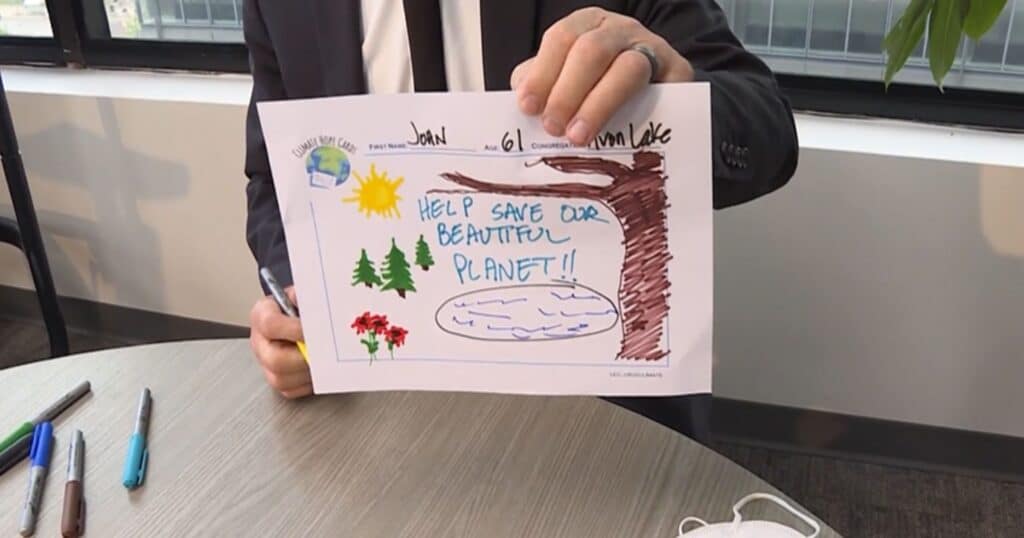Trump, a Fascist? Let’s Dig Deeper

For some, it has become almost fashionable to call Donald Trump a “fascist.” While I believe Trump steals from the fascist playbook as a messianic aspirer mobilizing the malevolent passions of isms and phobias, I tend to shy away from applying the label myself. I would agree with the Mussolini biographer and Oxford historian Richard Bosworth who argues that “fascism” has become a kind of “boo” word. It evokes the worst of horrors while precluding any substantive analysis of Trump and the present state of our nation. While I have no desire to engage in a full-blown debate over the term’s usage, there is one argument against its use that I find interesting because of its implications for how progressive Christians engage the Trump administration.
The argument rests on the insights of a political theorist named Sheldon Wolin, who noted that European fascism in the thirties and forties involved totalitarian regimes that dominated corporations whereas the trend in the United States since the 1970s has been toward the increasing dominance of corporations over government. Despite his “anti-establishment” rhetoric, Trump represents the ultimate extreme of this trend in relation to the presidency, as the corporate pedigree of his cabinet picks amply demonstrates for anyone who might have ever doubted.
As the Trump administration begins, the image of a two headed dragon comes to mind. One of the heads spits a furious fire, while the other coyly licks his lips at the new found opportunities to plunder and devour. Threats of a wall along the border of Mexico—fire. Threats of a registry for Muslims—fire. Fill-in-the-blank for things that make you think of fascism’s playbook—fire. This head of the dragon is easy to see, but the other head is no less important. Plans for corporate tax cuts along with environmental and labor deregulation—lip smacking plunder. Plans to privatize Native reservations for fossil fuel exploitation—more lip smacking. Plans to privatize infrastructure development—lips that ooze and drool.
So once we see and recognize this dragon for what it is, what’s next? For me, seeing the big picture of what’s wrong has simultaneously forced me to revisit the big picture of what my faith is about. In the Book of Revelation, the image of the dragon serves as a mythological depiction of the demonic forces behind the Roman Empire. As biblical scholar Warren Carter points out, for the followers of Jesus, it was fundamentally incompatible to have an allegiance to both God and Empire. Likewise, I now recognize my faith as foundational for how I orient myself against the dragon of today. This faith orientation roots itself in a vision of God’s beloved community, a community defined by justice for all.
As such, my faith has prompted me to act. As Trump’s term of office officially begins at noon on Friday, I will be participating in a climate vigil that I helped organize with the help of friends devoted to economic, racial, and environmental justice. These friends will then become my comrades as we organize for a just, sustainable economy in the years to come. I firmly believe the future belongs not to the dragon. It belongs to those who persevere with faith and vision.
The Rev. Dr. Brooks Berndt is the Minister for Environmental Justice for the United Church of Christ. He can be found on Twitter as The_Green_Rev.
Related News
The UCC’s 2025 Climate Hope Art Contest
Register now! For the third straight year, the UCC is conducting a Climate Hope Art...
Read MoreFinding Faith in Cancer Alley
Cancer Alley is the nickname given to 80 miles of the Mississippi between Baton Rouge and New...
Read MoreCall to Address Environmental Racism in Alabama Community
For six years, the Shiloh community of Elba, Alabama has faced severe flooding caused by the...
Read More


